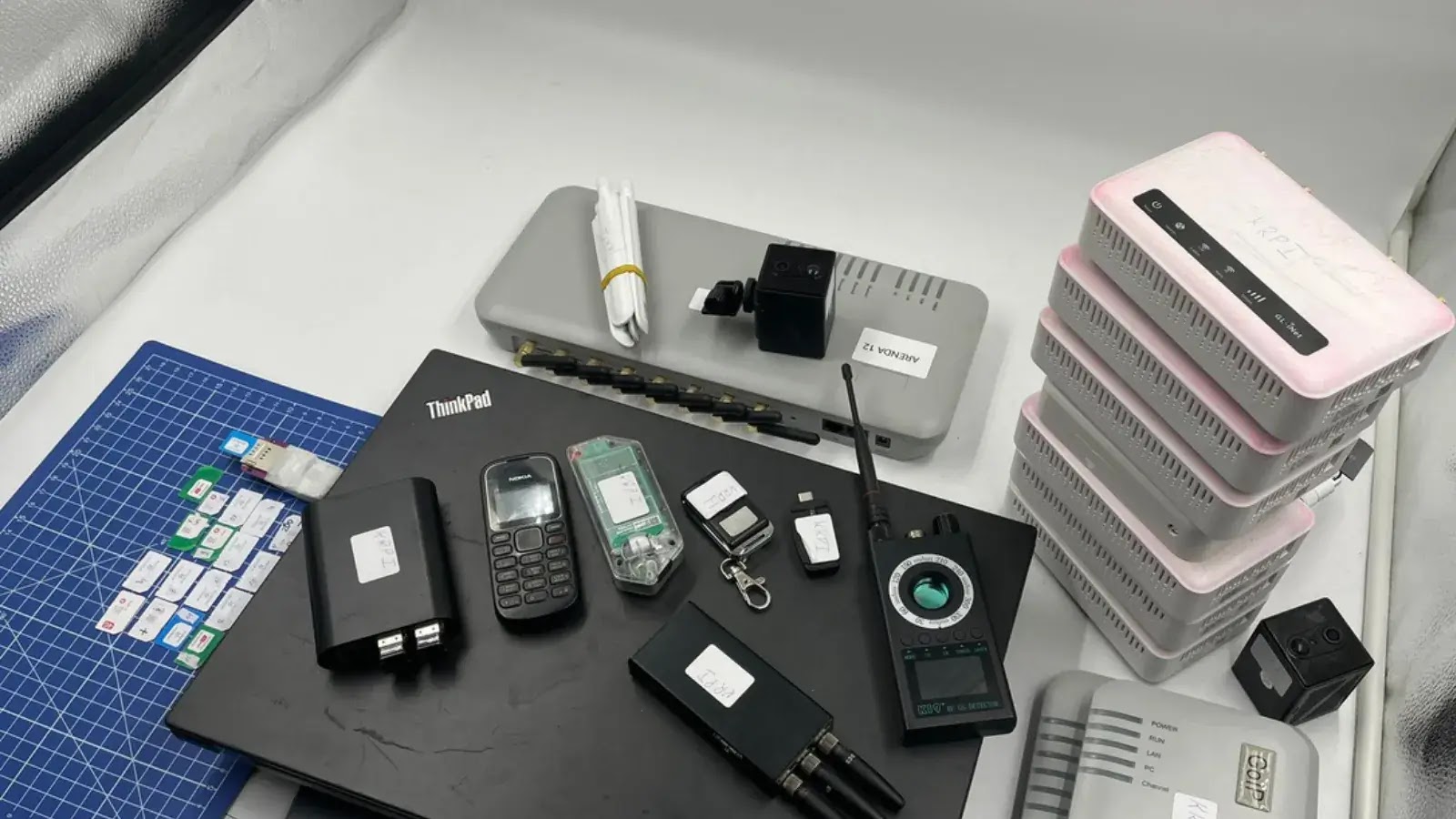Cybercriminals have initiated a sophisticated malware campaign targeting Android users by disseminating fraudulent traffic violation messages through WhatsApp. These deceptive messages prompt recipients to download a malicious application masquerading as the official mParivahan app, developed by India’s Ministry of Road Transport & Highways. The legitimate mParivahan app provides digital access to driving licenses, vehicle registration certificates, and other transport services.
Modus Operandi of the Scam
The attack commences when users receive WhatsApp messages that appear to be official traffic violation alerts. These messages often include convincing details such as ticket numbers and vehicle registration information, lending an air of authenticity. Unsuspecting users are then directed to download an application purported to be the official mParivahan app. However, this application is, in reality, malicious software engineered to steal sensitive data from the user’s device.
Technical Analysis of the Malware
Security researchers have identified that this latest variant of the malware represents a significant evolution from previous versions, exhibiting enhanced capabilities for stealth and data theft. Once installed, the malware requests extensive permissions, including access to SMS messages and notifications. After obtaining these permissions, it conceals its icon from the app drawer while continuing to operate in the background. The malware then captures incoming messages and notifications, uploading them to command-and-control servers controlled by the attackers.
A particularly concerning aspect of this malware is its multi-stage approach. The initial dropper application prompts users to update, then requests permission to install from unknown sources. Once granted, it installs the payload APK, which executes the actual malicious functionality.
Advanced Evasion Techniques
The most sophisticated feature of this malware variant is its advanced anti-analysis techniques. The attackers have intentionally crafted malformed APK files that bypass traditional security tools while still functioning on newer Android devices. Most analysis tools fail to decompile or extract information from these files due to an invalid compression method value, which is unsupported by the ZIP format.
The malware exploits differences in how the Android operating system handles these malformed files compared to analysis tools. While Android 9 and newer versions can successfully install and run these APKs, Android 8.1 and earlier versions fail with errors.
Further complicating detection, the second variant of this malware employs a stealthier command-and-control mechanism by hiding server details within a compiled .so file and dynamically generating them at runtime.
Real-World Impact
The consequences of falling victim to this scam can be severe. For instance, a 46-year-old resident of Byatarayanapura lost ₹5.6 lakh after downloading a fraudulent app disguised as an official Bengaluru Traffic Police platform for clearing challans. The victim received a WhatsApp message claiming he had a pending traffic fine and urging him to download the VAHAN PARIVAHAN app via a link. Since the message included his actual vehicle number, he trusted it and installed the APK file. Within 24 hours, hackers siphoned ₹5.6 lakh from his two credit cards. Realizing the fraud, he reported the incident to the police, filing an FIR.
Official Warnings and Recommendations
Authorities have issued warnings about this major social media fraud scheme involving fake e-challan messages distributed via WhatsApp. The messages are attributed to the Motor Vehicles Department’s mParivahan app. Transport Commissioner C Nagaraju has clarified that the mParivahan app does not use APK files and is only available for download via official platforms like the Google Play Store or Apple App Store. While the fake messages closely resemble genuine ones, a key difference lies in the challan number, as genuine challans have 19 digits, whereas the fake ones have only 14.
Protective Measures for Users
To safeguard against such scams, users are advised to:
– Avoid Clicking Suspicious Links: Never download application files (APK) from WhatsApp or other unverified sources.
– Verify Details on Official Websites: Cross-check any fine-related messages with the official e-challan website or confirm details through customer care centers.
– Do Not Share Personal Information: If a message requests sensitive details like bank account numbers, passwords, or credit card information, it is fraudulent.
– Report Online Fraud Immediately: If you encounter online fraud, register a complaint by calling 1930 within an hour or visit the Cybercrime website.
Conclusion
The emergence of sophisticated malware campaigns targeting mobile users underscores the importance of vigilance and adherence to cybersecurity best practices. By staying informed and cautious, users can protect themselves from falling victim to such malicious schemes.



